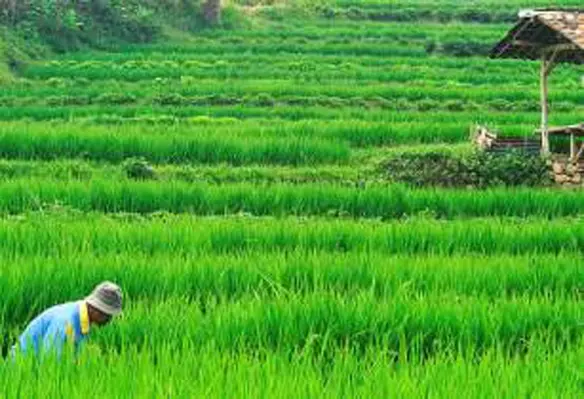Philippines Rice Research Institute (PhilRice) is currently analysing a heat-tolerant rice variety, in a bid to address climate-change ready technologies in the countrys predominant rice growing areas
The research is titled Screening of rice-induced mutants for heat and drought tolerance.
Researchers have identified promising breeding lines that exhibit tolerance to drought and heat stress, which will pave the way for development of new varieties that address the effect of climate change on rice.
Lead researcher Thelma Padolina said that although rice normally grows at temperatures between 20 and 35°C, its at its most sensitive during the booting and flowering stages. Hence, even short-duration chronic dry spells occurring during these stages will result in substantial yield loss.
Padolina and her team began screening rice in 2012 where 817 mutant lines were initially tested for drought stress and leaf blast, and later with emphasis on heat stress. Mutant lines are valuable genetic variations for crop improvement. They are the results of induced mutation where one or two of their major traits such as plant height and resistance to biotic and abiotic stresses, were altered.
PhilRice researchers said that promising lines were exposed to temperatures ranging from 21.1°C to 34.4°C at field trials, and 34°C to 38°C at screenhouse trials for three consecutive seasons to test and validate their grain fertility and pollen viability.




